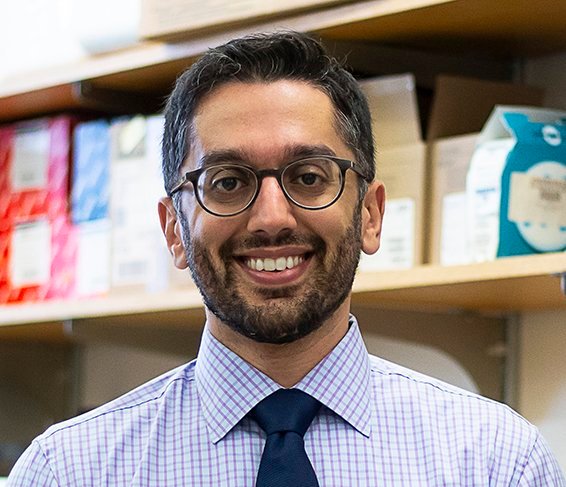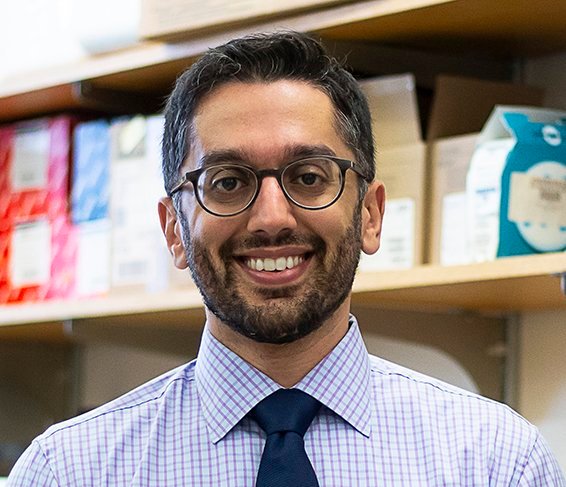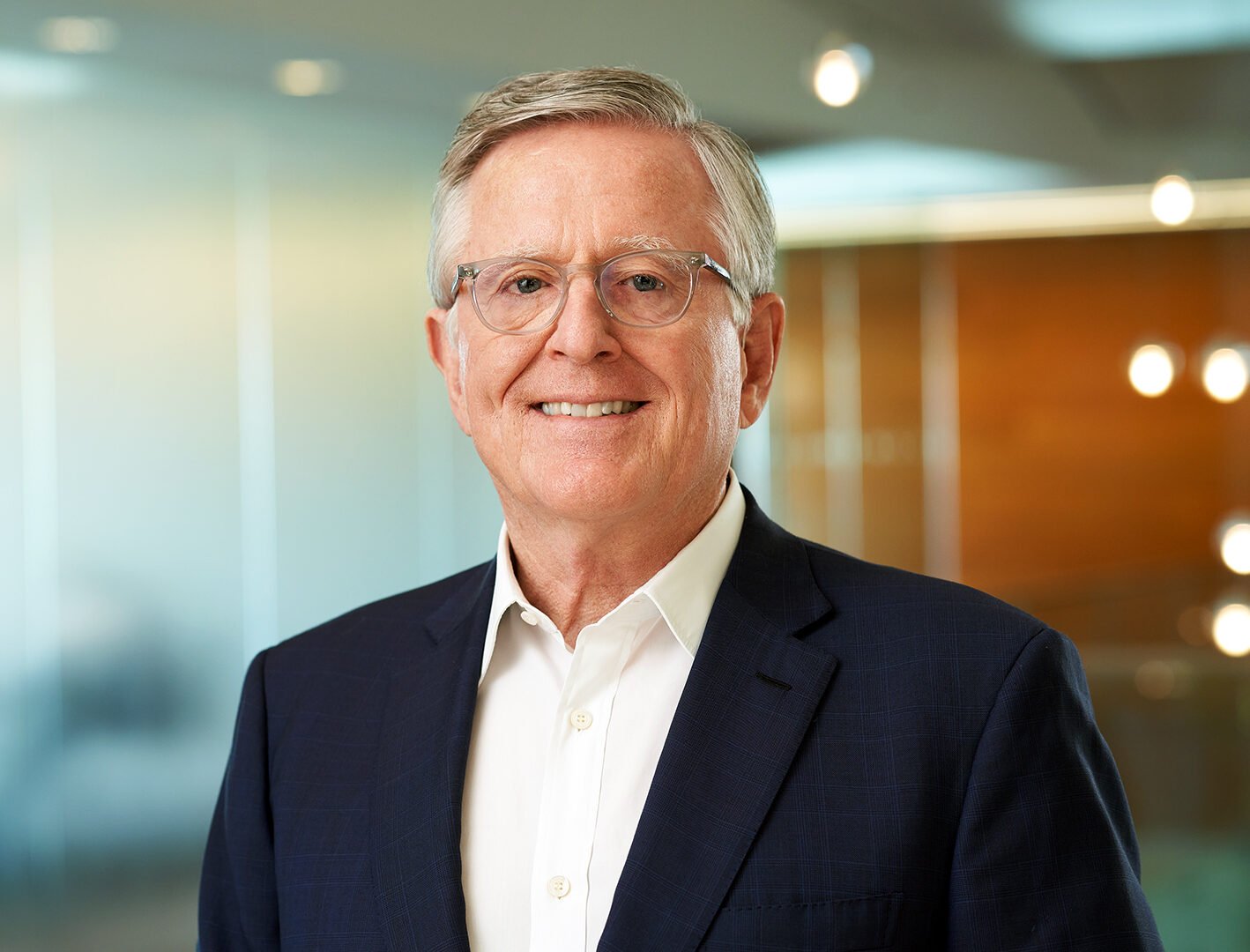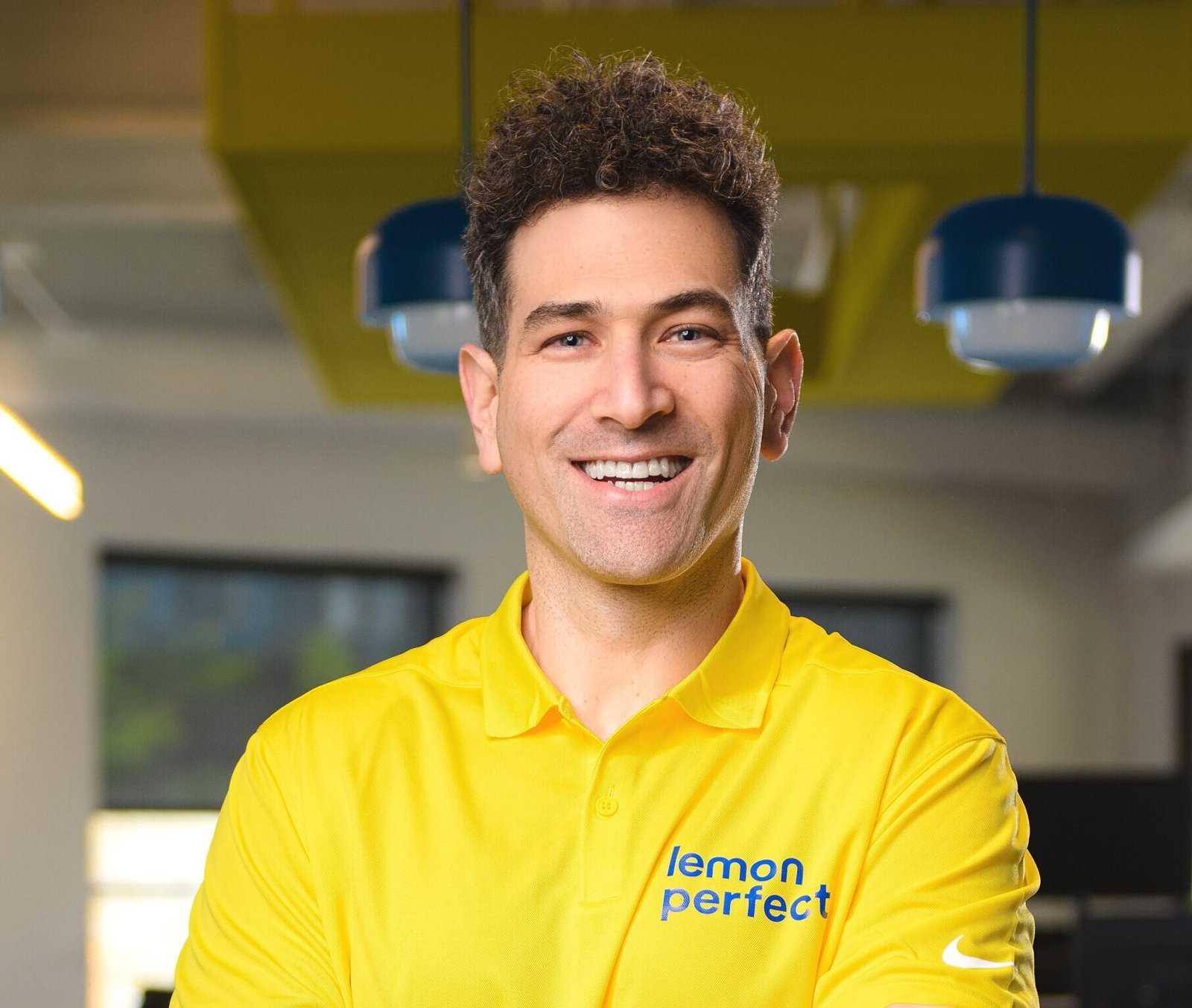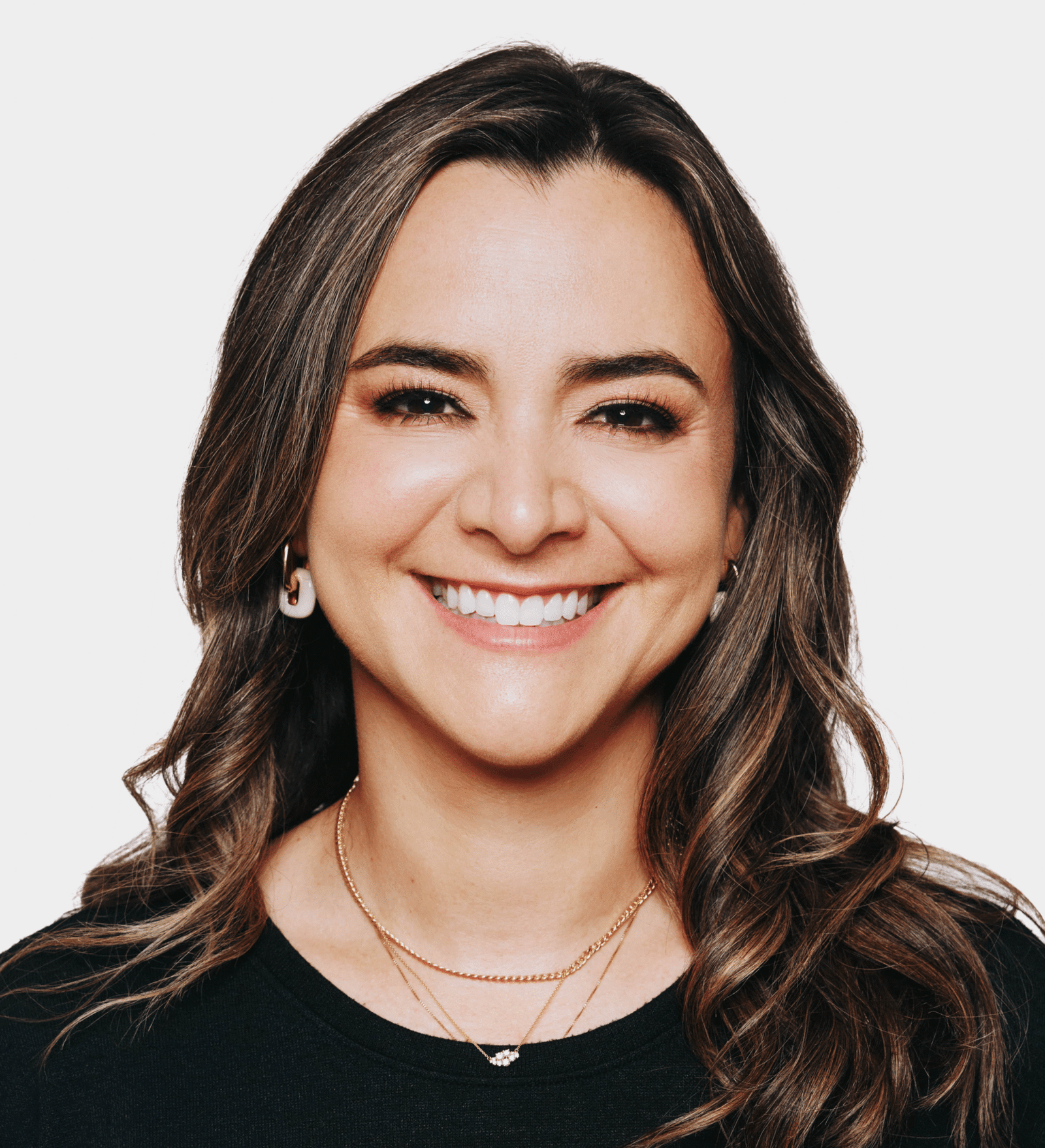I recently went one on one with Dr. Alok Tewari. Dr. Tewari is a medical oncologist at Dana-Farber Cancer Institute who specializes in cancers arising from the genitourinary tract. He joined me to share his insights and advice during Testicular Cancer Awareness month.
Adam: Thanks again for taking the time to share your advice. First things first, though, I am sure readers would love to learn more about you. How did you get here? What experiences, failures, setbacks or challenges have been most instrumental to your growth?
Alok: I am a first-generation immigrant, and my parents very much valued science and math education. My father was a chemist; he would bring me to his lab from a young age and teach me about the different machines and experiments he did. As I grew older, I did a few simple projects with his colleagues for science fairs, which made me appreciate the joy of discovering something, even though I was doing simple experiments for which the answers were already known. In college I chose to major in biomedical engineering because it bridged biology and the more computational discipline of engineering, but ultimately was not sure what I wanted to do with that degree. I ended up doing a summer internship with a professor of health policy, and part of that experience was helping set up logistics and food for a group therapy session of patients who had HIV, substance abuse disorder, and mental health diagnoses. The goal of that group was to try and address the unique issues that come with having all three conditions. I was impressed by the relationship that the therapist clearly had developed with patients, and became convinced that with medicine I could combine my scientific interests with the opportunity to meaningfully connect with patients to help them navigate difficult diagnoses.
After I had already entered medical school, my family experiences with chronic and catastrophic illness reinforced the value of compassionate and knowledgeable health care providers helping patients and their families when faced with seemingly impossible situations. Oncology represents such a situation, patients are diagnosed with life-threatening illnesses. Even if I cannot cure the patient or completely solve the problem, I know how invaluable it can be to have a trusted and present guide through a very scary time. I strive to take this awareness into all my patient interactions.
Adam: How can anyone best manage their health?
Alok: I think probably the best way to manage one’s health is to start thinking about preventative behaviors early in life. I have personally found the transition from being a younger person with relatively little concern for the details of my own health to someone who makes an effort to do common healthcare maintenance practices like exercise, watch what I eat, get physical exams, and think about cancer screening to be a more involved process than I anticipated. For example, I have a very strong family history of vascular disease in middle age, and so have recently established regular care with a primary care provider as well as a preventative cardiologist to consider ways to lower my long-term risk of heart attack and stroke. Fortunately, for those who do not have healthcare degrees or training, there are a myriad of resources available to help guide preventative health practices, including general practitioners.
For men’s health, which directly impacts the diseases that I treat, the Movember community has important information regarding testicular and prostate cancer. They provide information about screening and helpful health practices, as well as actual patient insights into what treatment for these diseases might entail.
Adam: How can patients effectively evaluate doctors? How can patients optimize their visits with doctors?
Alok: It is difficult to effectively evaluate a doctor before you actually meet them. Patient feedback websites or scores often do not include specific information as to why a physician received a certain score. However, it is possible that trends within comments, as well as any details provided by patients, can help give a general sense for the doctor. More important is how the doctor interacts with you in the first encounter. Are they attentive? If they have to type or look at the computer/chart, do they take a pause to look and engage with you as well? Do they respond to what you are saying or just proceed down a seemingly standard list of questions?
To optimize your visit, bringing a list of specific questions can really help with making sure all your pre-existing concerns are addressed. You should also ask your physician how you can follow-up with them to ask any questions that may arise after your visit. Sometimes this can be accomplished by a call with the doctor or one of their colleagues, but sometimes requires follow-up visits if the issues are complex.
Adam: In your experience, what are the key characteristics of an effective leader? How can leaders and aspiring leaders take their leadership skills to the next level?
Alok: I am fortunate to work in an environment with many effective leaders. Within academia, I think the foremost characteristic of a good leader is genuine interest in bringing up the careers and efforts of those around them. This is accomplished by regular check-ins, focusing on the interests of the individual, and helping frame those in ways that allow trainees or staff to grow and learn and leverage resources. Beyond practicing this focus on bringing up your colleagues, there seem to be a lot of efficient practices that can be learned, like how to productively run meetings and delegate tasks.
Adam: What are the keys to effective communication? How can anyone become a better communicator?
Alok: I believe the first step to being an effective communicator is figuring out what both myself and my audience knows and does not know, and being willing to share both (this is easier in small groups). Second, I think it is important to be able to take complex topics and state them concisely without jargon, or if jargon must be used, to clearly define it. Third, I find it important to pause after a few minutes of chatting to check in to see if it is helpful to reinforce or restate anything we have covered. Making ideas that are new to any audience actually stick can be very challenging, and it is helpful to try and empathize about the difficulty of learning something in a totally new area (such as health), as well as find ways to allow the audience to restate in their own understanding what they have heard.
Adam: What are your three best tips applicable to entrepreneurs, executives and civic leaders?
Alok: This is a tough question for me to answer as a relatively junior clinician and researcher. I think the best thing I can see is to be kind, humble, and efficient. We typically do much better when those around us are doing well.
Adam: What is the single best piece of advice you have ever received?
Alok: Life is really complicated, so just do the best you can do and be kind to yourself.
Adam: Is there anything else you would like to share?
Alok: Thanks for the opportunity!


